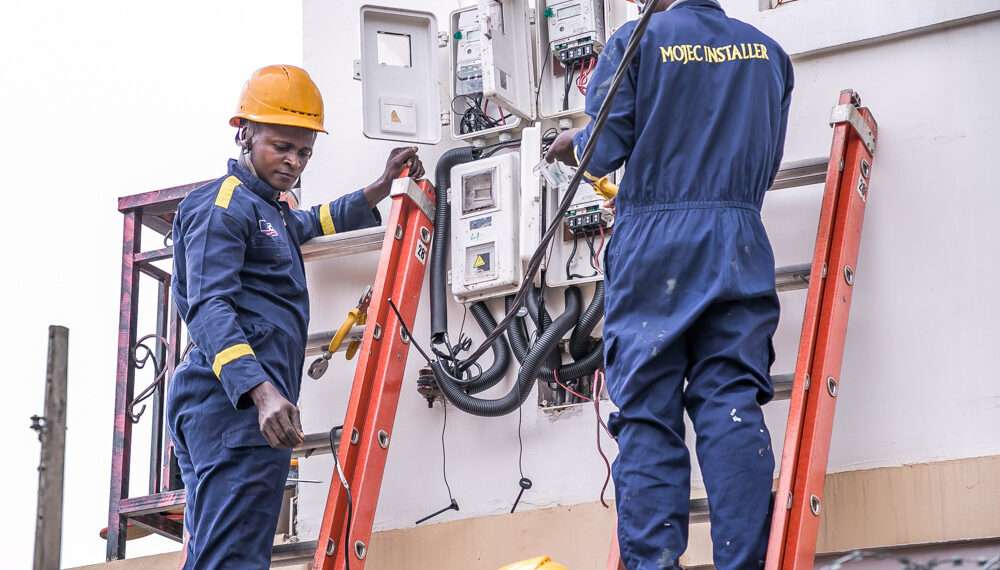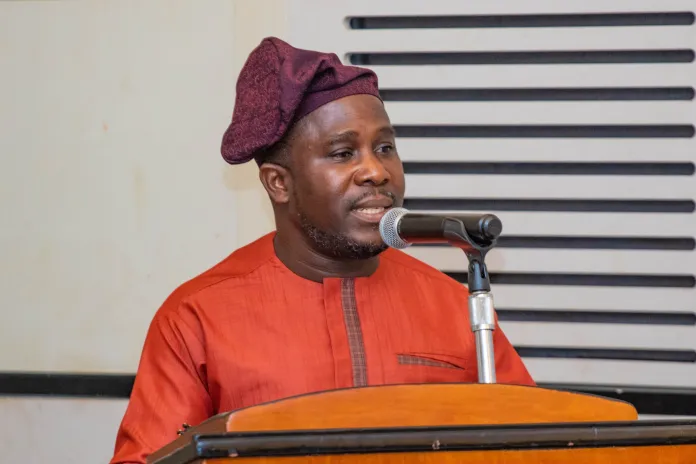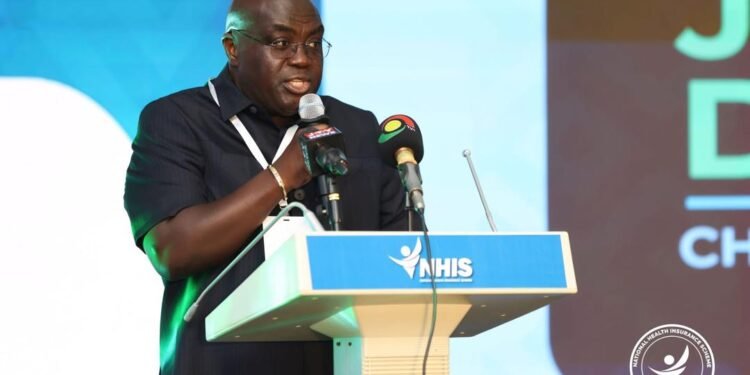Ghana’s energy sector is facing renewed scrutiny and growing public concern following alarming disclosures by the Ministry of Energy and Green Transition.
The sector is reportedly facing a GH₵2 billion monthly revenue shortfall, driven by chronic inefficiencies in power distribution and compounded by an immediate GH₵1.1 billion funding gap required to procure liquid fuel for power generation. The revelations have triggered sharp criticism from energy experts, who are calling for greater transparency and accountability from government leaders.
The Executive Director of the Institute for Energy Security (IES), Nana Amoasi VII, in an interview urged the Minister to stop downplaying the depth of the crisis.
“We have a huge challenge in the sector, and I can understand the Minister seeking to give comfort to consumers.
“But we believe that the Minister should be more realistic with consumers, that they cannot be guaranteed a stable power supply until the inefficiencies in ECG are fixed.”
Nana Amoasi VII, Executive Director of the Institute for Energy Security (IES)

Nana Amoasi advised the Minister to level with the public and ask for time to address the longstanding issues. “After all, you inherited ‘Dumsor’—be upfront about the challenge and work with the public to fix it,” he stated.
He stressed the importance of a sustainable financial model where each stakeholder in the electricity value chain — from fuel suppliers and power producers to transmission companies — is paid adequately to ensure reliable service delivery.
Nana Amoasi added, “We should have enough money to pay the fuel supplier, the power generator, and the transmitter of the power,” pointing to a broken link in the financing structure that is undermining power stability.
At the centre of the criticism is the Minister for Energy and Green Transition, Hon. John Jinapor. Industry stakeholders and civil society representatives are now urging him to offer a clearer and more realistic assessment of the situation.
Minister Under Pressure

Adding to the growing chorus of criticism, Ishmael Agyekumhene, a former Board Member of the Public Utilities Regulatory Commission (PURC), expressed disappointment in the Minister’s handling of the fuel procurement crisis. Mr. Agyekumhene questioned why the Ministry had failed to secure liquid fuel nearly four months into the Minister’s tenure.
“Telling us today that we have only two and a half days of liquid fuel? I could understand if this was immediately after he took office, but he’s had enough time to make arrangements.
“The Minister should stop giving excuses—it’s long enough for us to have secured the liquid fuel.”
Ishmael Agyekumhene, a former Board Member of the Public Utilities Regulatory Commission (PURC)
Mr. Agyekumhene acknowledged that unexpected disruptions, such as issues at the Atuabo gas plant, can occur, but emphasized that the real problem lies in poor planning and financial constraints.
“The truth is, no one sells crude oil on credit. A single cargo costs about $50 million, and we don’t have the cash.
“Yet, if ECG were collecting money for power consumed, we wouldn’t be in this situation.”
Ishmael Agyekumhene, a former Board Member of the Public Utilities Regulatory Commission (PURC)

Mr. Agyekumhene also highlighted inconsistencies in the Minister’s position on Ghana’s energy capacity.
“When he was in opposition, the Minister kept saying we had no excess capacity.
“Now he admits there is, but the irony is we’re not even paying for power that’s already been produced — and we still owe for idle capacity.”
Ishmael Agyekumhene, a former Board Member of the Public Utilities Regulatory Commission (PURC)
The lack of fiscal space to pre-finance liquid fuel procurement is seen as a glaring failure, especially as Ghana continues to rely heavily on thermal plants. Mr. Agyekumhene called on the government to prioritize cheaper, gas-based generation.
“Everyone managing the sector knows gas is cheaper. If there’s no gas, then at least we should have strategic reserves of liquid fuel — not just two days, but at least a month”
Ishmael Agyekumhene, a former Board Member of the Public Utilities Regulatory Commission (PURC)
The situation highlights the need for urgent reforms in revenue collection, fuel procurement planning, and investment in alternative power sources. Experts are calling for reforms that would ensure ECG’s efficiency, automate metering, and reduce commercial losses, thereby improving cash flow within the power sector.
READ ALSO: New COCOBOD Board Inaugurated to Restore Cocoa Industry























